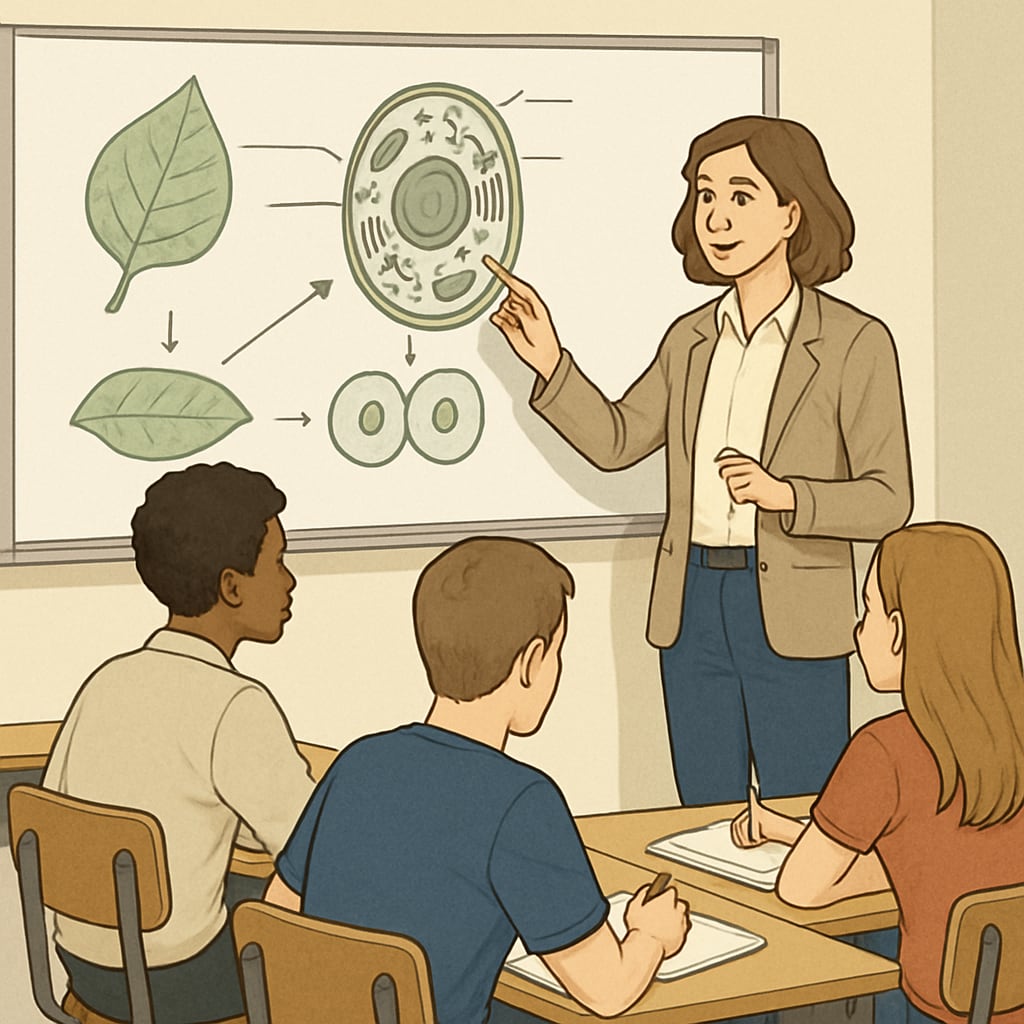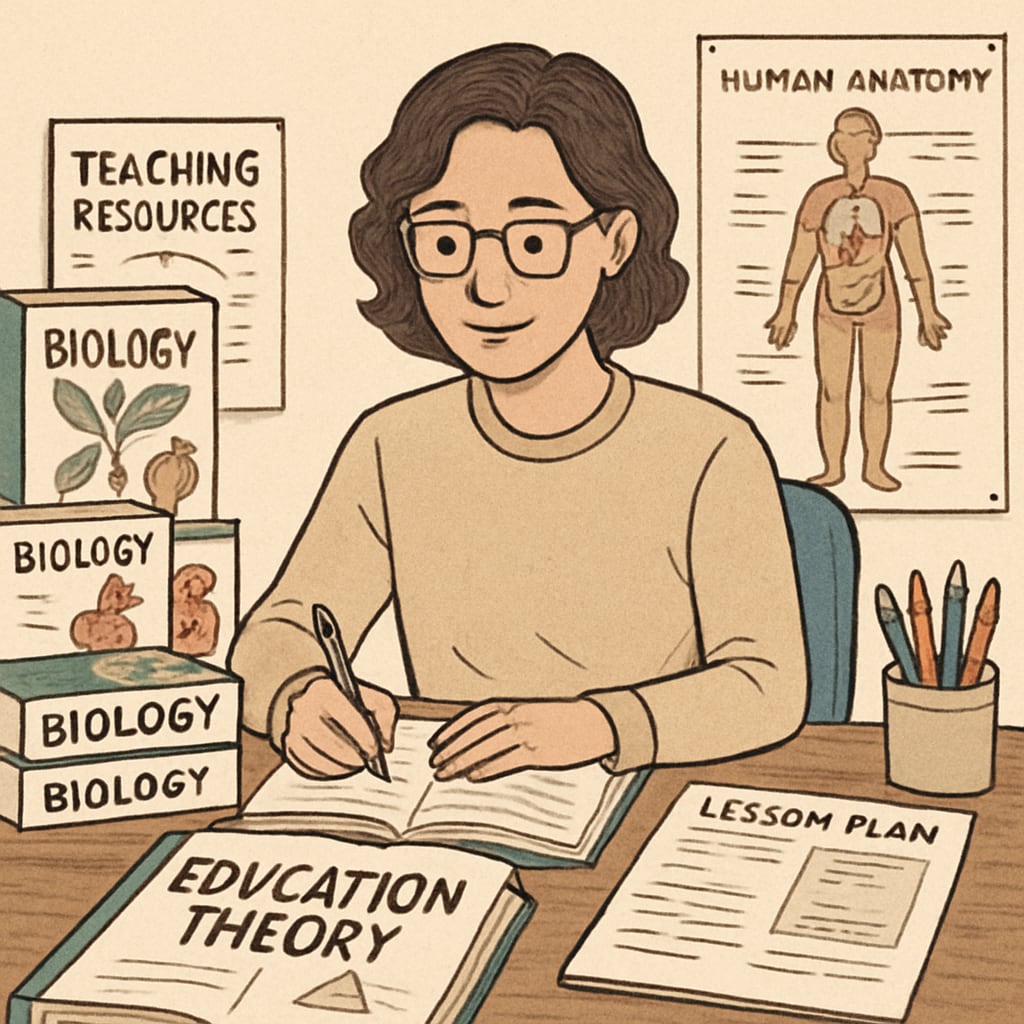The transition from a biology major to pursuing a master’s in education may seem unconventional to some, but it is both feasible and rewarding. By blending the analytical and scientific expertise gained from studying biology with a passion for teaching, students can find unique opportunities to thrive in the education field. However, this academic shift does come with challenges, including adapting to new pedagogical frameworks and redefining career goals. This article will provide insights into the value of this transition, discuss potential obstacles, and offer actionable steps for biology students aspiring to enter the world of education.

The Value of Transitioning from Biology to Education
One of the most significant advantages of transitioning from a biology background to education is the ability to bring subject-matter expertise into the classroom. Biology majors are well-equipped to teach STEM subjects (science, technology, engineering, and mathematics), which are in high demand globally. For instance, educators with a deep understanding of molecular biology, genetics, or environmental science can inspire students with real-world applications of these topics.
Moreover, a biology-to-education career path offers the opportunity to make a tangible impact on the next generation. Teaching STEM subjects not only fills critical gaps in education but also fosters curiosity and innovation among young learners. According to Edutopia, educators with specialized knowledge in STEM fields can significantly enhance student engagement and learning outcomes.
Challenges in Shifting from Biology to Education
While the transition is rewarding, it is not without challenges. Biology majors often have limited exposure to education theory and teaching methodologies. As a result, they may need to adapt to a new academic culture when pursuing an education master’s program. For example, understanding pedagogical approaches, classroom management, and student psychology requires a shift from the empirical focus of biology to the human-centered methods of education.
In addition, transitioning students may encounter skepticism from peers or employers who question their commitment to education. To overcome this, it is crucial to demonstrate a genuine passion for teaching and a clear vision for integrating biology expertise into the curriculum.

Practical Steps for a Successful Transition
For biology majors considering a career in education, here are some practical steps to ease the transition:
- Gain Teaching Experience: Start by volunteering or working as a tutor in science subjects to build teaching skills and confirm your interest in education.
- Pursue Relevant Certifications: Many education master’s programs require a teaching license or equivalent certification. Research the prerequisites early and plan accordingly.
- Leverage Your Biology Background: Highlight your subject-matter expertise when applying for education programs or teaching positions. Schools value teachers who bring specialized knowledge to the classroom.
- Build a Professional Network: Connect with educators, attend education conferences, and join teaching organizations to learn from others in the field.
Opportunities for Biology Majors in Education
The education sector offers diverse opportunities for biology majors. Beyond teaching, roles such as curriculum developer, educational consultant, or STEM coordinator may align with your expertise. Additionally, interdisciplinary teaching—such as integrating biology with environmental science or technology—can set you apart as an innovative educator.
Furthermore, online education and e-learning platforms have created new avenues for teaching biology. Platforms like Khan Academy allow educators to reach a global audience, making it possible to impact learners beyond traditional classrooms.
Final Thoughts: Is the Transition Right for You?
Deciding to shift from a biology major to an education master’s program requires careful consideration of your interests, strengths, and long-term goals. While the journey involves challenges, the rewards—including personal fulfillment, career stability, and the chance to inspire future scientists—make it a worthwhile pursuit.
If you are passionate about sharing your knowledge and making a difference in education, the transition from biology to teaching could be the perfect path for you. With the right preparation and mindset, you can successfully bridge the gap between these two fields and embark on a meaningful career.


